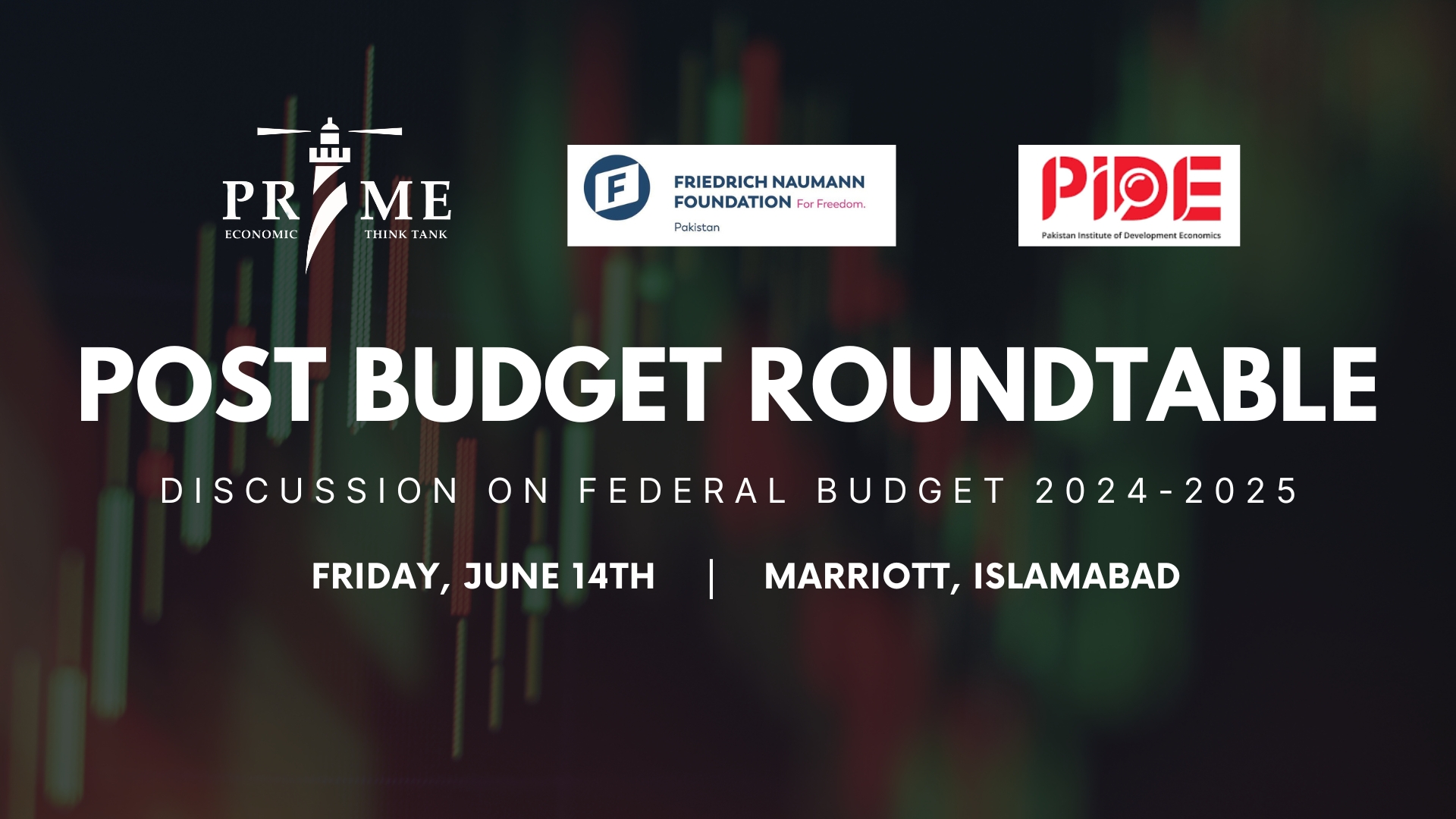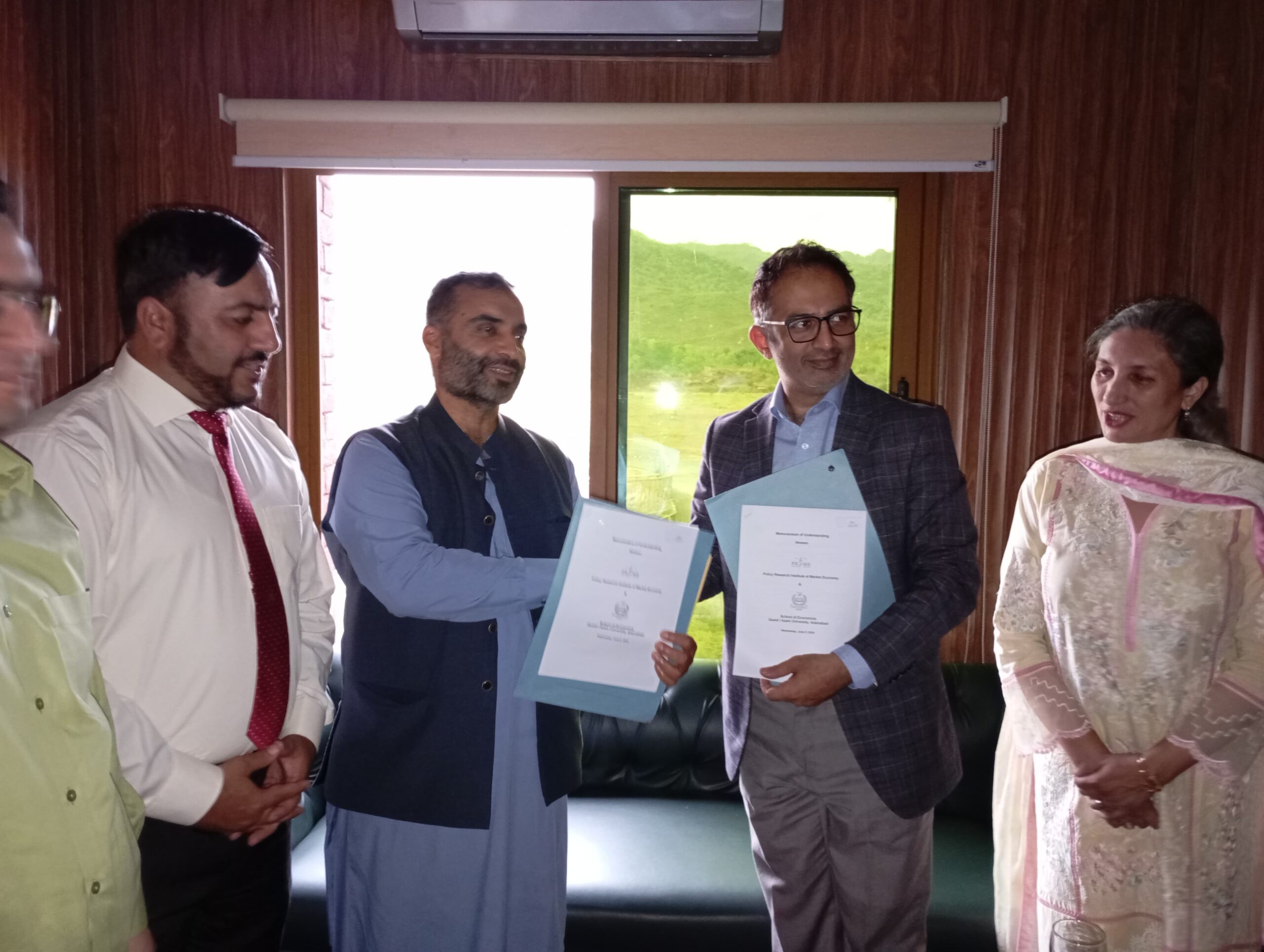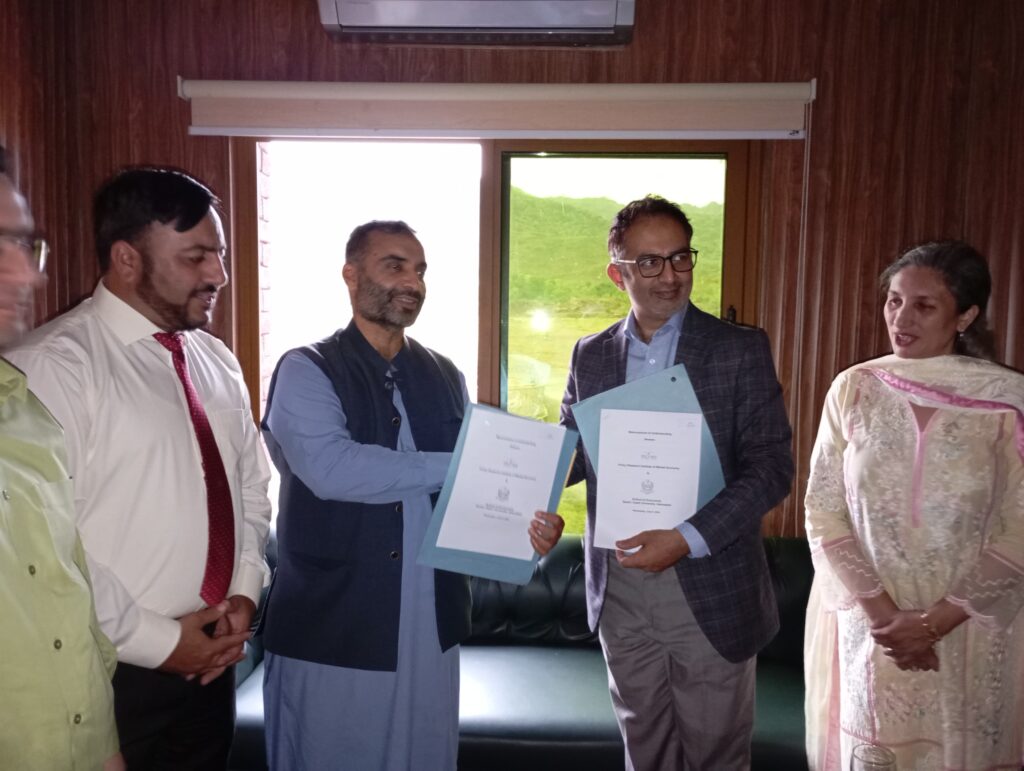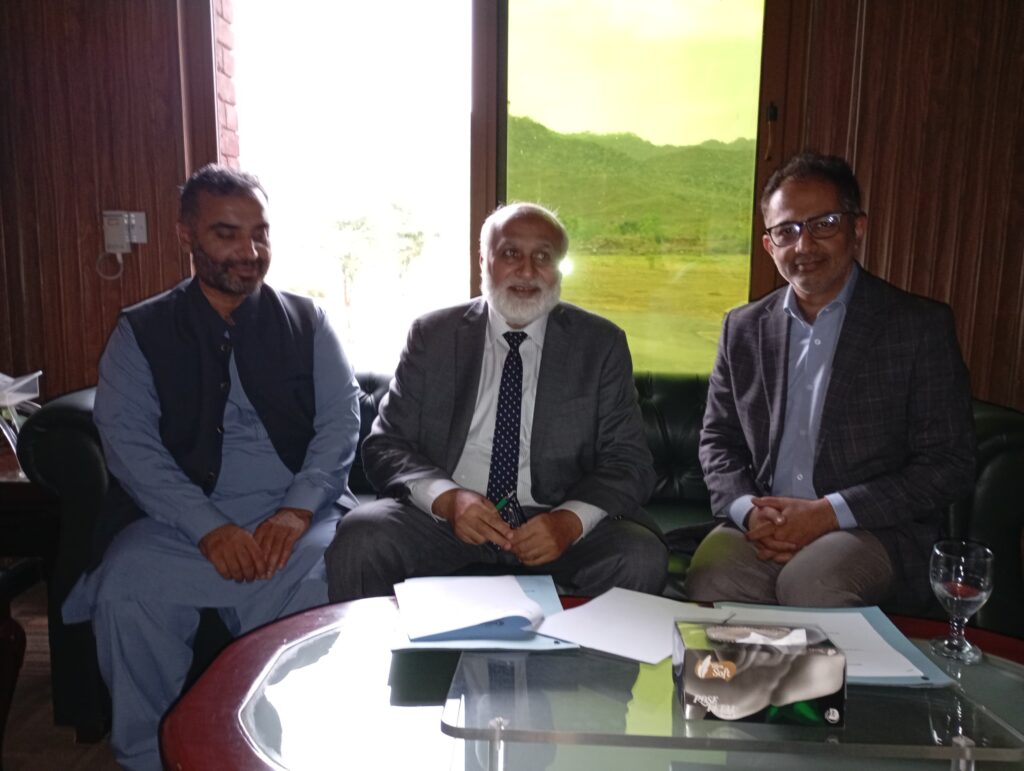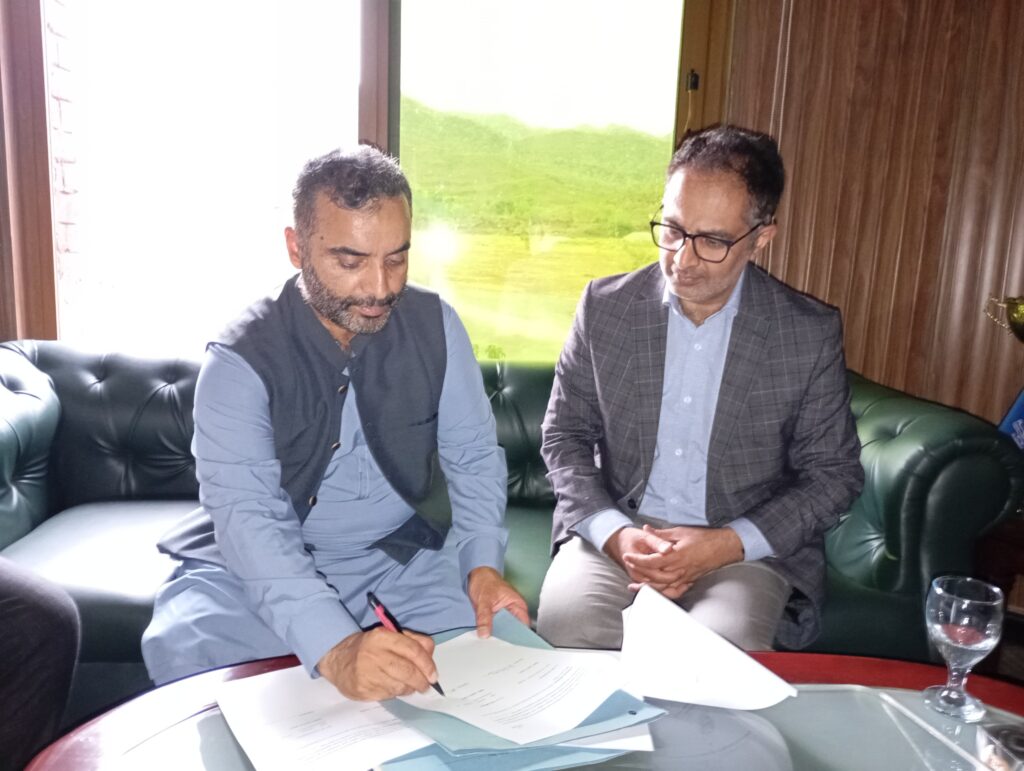Reforming without restoring trust
There is sheer absence of governance and long-gone trust between govt and businesses
By Dr Khalil Ahmad

A new narrative of “home-grown solutions” takes the lead. A piece by Dr Ishrat Husain endorsing it appeared in The News on June 8.
It’s a good omen that the narrative of home-grown solutions is making waves, though not in government circles, and only in the domain of civil society thinking (this thinking takes shape mostly in WhatsApp group chats and published writings). After cursorily enlisting “home-grown solutions” prepared over the last six years, that is, plans, reports, proposals, etc produced locally, Dr Ishrat Husain concludes his piece by proposing a number of measures.
It may be noted here that PIDE VC Dr Nadeemul Haque terms a lot of these home-grown solutions donor-funded. Husain proposals include bringing in 60% of the economy into the tax net, reducing the sales tax rate, privatising the loss-making SOEs, targeted energy subsidies for the poor, expanding the BISP’s scope, restructuring and reducing the size of the government, devolving power and diverting development funds from legislators to the directly elected local governments (LGs). I don’t aim to contest the proposed measures here, though I strongly disagree with a few of them. My concern is the entire political-economic environment within which an attempt to implement these and other reforms can be made.
There are certain truths written on the wall. Nobody, including the politicians, deny them. At the same time, no government dares address them. They are like chronic diseases that have plagued Pakistan from the day one. So much so people, especially businessmen, have learnt to live with them.
The pivotal one is political instability. Rules of the game are not adhered to by anyone, whether they are political parties, the security establishment, or the judiciary. They all trash some or all the rules and laws now and then, the last two being the habitual reprobates. As a rule, a bit of political instability within a certain limit is tolerable, as can be witnessed in India, the US or elsewhere. Actually, it’s political instability, pure and unmixed.
But in the case of Pakistan, the predominant cause of political instability is the stronger foothold of the security establishment. It is that factor that makes political instability too fatalistic. Differences among various political parties take place on a spectrum, the two ends of which are subsumed under leftist and rightist leanings. And the pendulum continues to oscillate between these two extremes, representing the changing views, economic thinking, and shifting loyalties of the electorate. Moreover, impure political instability gives rise to distorted political economics which, in turn, helps manipulate economic choices in the political domain. Under these circumstances, the political parties safely ignore the need to address the economic problems facing citizens, especially the businesspeople.
They know well that they are not accountable to the people. That explains the sheer absence of any governance and the long-gone trust between the government and businesses, the foundation of which was initially uprooted by the “Awami” nationalisation. Hence, political instability, as the mother of all instabilities, removes any semblance of continuity in the economic framework that sustains economic policies across governments.
There is perennial uncertainty lurching in the environment; nobody knows what’s going to happen the next day. Not only does that disincentivise the spirit of entrepreneurship immeasurably, but that has also made a substantial section of the big business to look to the government for tax exemptions, subsidies, favoured status, etc. A class of rentier businessmen has also emerged. Under this political-economic environment, talking about any such reforms is easier than implementing them. No political consensus exists among various political parties; they too live in uncertainty.
The PPP, a coalition partner of the federal government, opposes the PML-N’s attempt to privatise PIA. And you see how the chatter of a charter of economy has already fizzled out. In trying to address this issue, another forum, SIFC, may accomplish the least of what needs to be done. A reform agenda is not on the table of the SIFC either. At most, they may privatise a few SOEs and bring in a bit of G2G FDI.If there is any will to do anything worthwhile on the part of the powers that be, they must try to convene a grand dialogue and a Truth and Reconciliation Commission should be an integral part of it. All the real and unreal stakeholders – the security establishment, judiciary and political parties – should participate. Civil society organisations, such as Pildat, Fafen and the media should be there as observers.
Thus, after admitting their unconstitutional acts, they all should sign a pledge to start a new era of constitutional rule. That may bring the crucially required political stability that would beget trust between the government and businessmen, especially, and the people at large. Under this new environment of trust, an agenda of reforms may successfully be implemented. Lesson: Before going for any reforms, create a conducive environment wherein reforms may prove fruitful.The writer is affiliated with the PRIME institute as a distinguished research fellow

